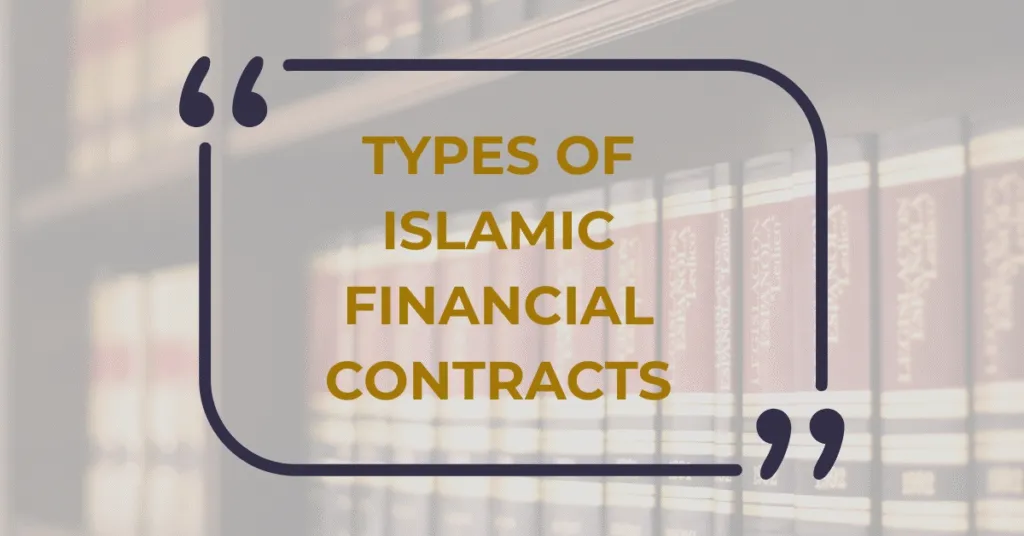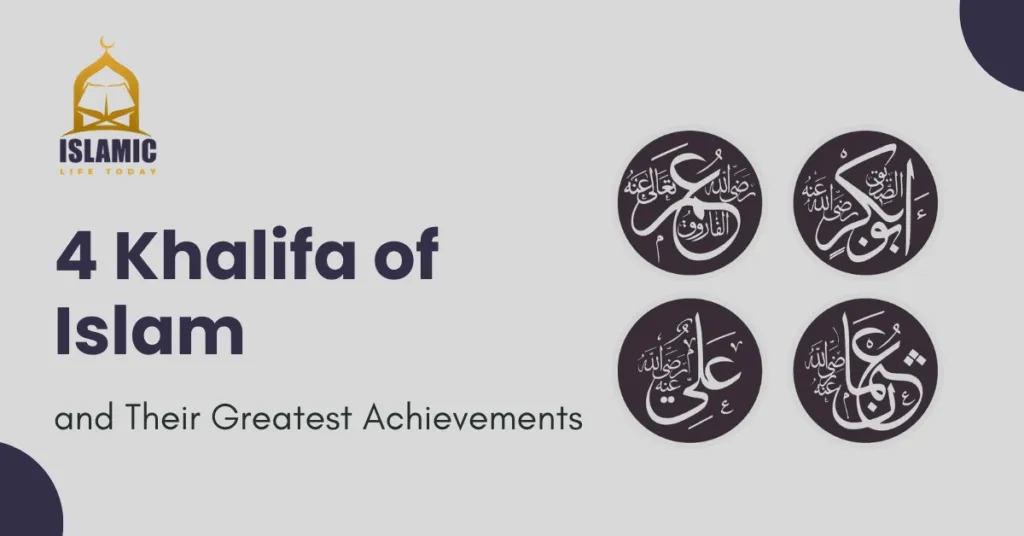Have you ever wondered what Islamic finance is different from traditional banking? Well, the answer lies in the Islamic Finance Law – a unique set of principles that guides financial transactions while remaining right to Sharia, or Islamic law. Unlike traditional finance, which often depends highly on interest-based borrowings, Islamic finance focuses on fairness, transparency and moral behavior. In today’s world, with the increasing number of people seeking moral and socially responsible finance, understanding these principles is more important than ever.
What is Islamic Finance?
Simply put, Islamic finance is a system of financial activities that follow Sharia law. It covers everything from banking to investment and even insurance. The main goal is to promote justice, fairness and transparency in all financial behavior. Unlike traditional finance, where the profit mainly comes from interest, the Islamic finance promotes shared risk and reward, ensuring that the two sides benefit from any transactions.
Why Islamic Finance Law Matters
Islamic finance law is not only about avoiding interest; It is about creating a permanent, moral financial ecosystem. By following these laws, financial institutions can build trusts, promote responsible lending and economic stability. Whether you are an entrepreneur, investor, or everyday consumer, understanding the Islamic Finance Law helps you make informed decisions while combining moral values.
Core Principles of Islamic Finance Law

The Islamic Finance Law is based on some major principles that distinguish it from traditional financial systems. Let’s break them.
Prohibition of Riba (Interest)
The most famous principle of Islamic Finance Law is the prohibition of RIBA, meaning to charge or give interest. Why is this so important? Because interest-based transactions can cause inequality, put borrowers in a loss. Instead, Islamic finance promotes profit-sharing and joint enterprises, which gives proper benefits to all.
Risk Sharing and Profit & Loss Sharing
Unlike traditional finance, which often replaces all risks for borrowers, encourages Islamic finance risk-sharing. This theory ensures that both financer and entrepreneur share benefits and disadvantages. How the contracts like Mudraba and Musharak are the correct examples of risk-sharing works in practice.
Prohibition of Gharar (Excessive Uncertainty)
The Islamic Finance law also prohibits Gharr, which means excessive uncertainty or ambiguity in contracts. Imagine signing a deal without knowing the full details – it creates unfairness and potential exploitation. By avoiding Gharr, transactions become more transparent, reduce disputes and create confidence between parties.
Ethical Investment and Halal Activities
Investment should be halal, or permissible under Islamic law. This means to avoid industries such as alcohol, gambling, or anything harmful to society. The Islamic Finance Law encourages investments that benefit communities, promote social welfare and maintain moral standards.
Types of Islamic Financial Contracts

Islamic Finance Law has developed a variety of contracts that follow Sharia principles.
Mudarabah (Profit Sharing)
In the Mudrabah contract, one side offers capital while the other contributes to expertise. The profits are shared according to the pre-east ratio, but the disadvantage is only borne by the capital provider. This encourages responsible investment and ensures that entrepreneurs have skin in sports.
Musharakah (Joint Venture Partnership)
Mushrakah is a joint partnership where the two sides contribute capital and proportionally share profits and disadvantages. It is usually used for business undertakings and large projects, promoting cooperation and fairness in financial behavior.
Ijarah (Islamic Leasing)
Israrah is similar to traditional leases. Here, a property is hired, and the lessee pays for its use. The ownership resides with the lessee, ensuring that the transaction is aligned with the Islamic Finance Law.
Murabaha (Cost-Plus Financing)
Marabah is a cost-plus sales agreement. The bank buys a property and sells it to the customer in a markup. It avoids interest, allowing the bank to earn profit. Moraba is widely used for home financing, vehicles and business equipment.
Role of Shariah Boards in Islamic Finance
Each Islamic Financial Institute has a Sharia Board – a panel of experts ensures that all transactions comply with Islamic law. These boards review the contracts, approve new products, and provide guidance on moral financial practices. Their role is important to maintain trust and authenticity in the Islamic finance.
Benefits of Following Islamic Finance Law
It is revealed how following the Islamic Finance Law promotes moral, transparent and socially responsible financial practices.
Ethical and Responsible Finance
By escaping from Riba and Gharr, the Islamic Finance Law ensures that financial behavior is moral and transparent. Both sides know what they agree, to reduce struggles and promote fairness.
Encourages Economic Stability
Risk-sharing theory and profit-and-loss contracts reduce speculative activities, which are common in traditional finance. It leads to a more stable financial system and healthy economic development.
Promotes Social Welfare
Islamic finance encourages investments that benefit society, such as affordable housing, education and healthcare projects. By aligning the profit with moral responsibility, it ensures that financial development also supports social development.
Common Misconceptions About Islamic Finance Law
Many people believe that Islamic finance is only for Muslims. But in fact, anyone can benefit from its moral and transparent approach. Others feel that it is less profitable than traditional banking, but studies suggest that Islamic finance can be equally attractive, reducing financial risk.
How to Comply With Islamic Finance Law in Modern Banking
Modern banks offering Islamic financial products must adhere strictly to Shariah principles. This involves:
- Avoiding interest-based lending
- Using halal investment channels
- Ensuring all contracts are transparent
- Consulting Shariah boards for guidance
Following these steps ensures both compliance and credibility in the market.
The Global Impact of Islamic Finance Law
Islamic finance is no longer limited to the Middle East. The countries of Asia, Europe and Africa are adopting these principles to attract moral investors. With the growing global market, the Islamic Finance law is shaping a financial system that is appropriate, transparent and socially responsible.
Frequently Asked Questions (FAQs)
The main principle is to promote the prohibition of RIBA (interest) and fairness in financial transactions.
Yes! The Islamic Finance Principles focus on moral, transparent and risk-sharing transactions, making them beneficial for all.
Gharr refers to excessive uncertainty or ambiguity in contracts, which is prohibited under the Islamic Finance Law.
By encouraging investment in moral and beneficial fields like education, healthcare and community development.
Yes, they can be equally profitable while reducing the risk and maintaining moral standards.
Conclusion
The Islamic Finance Law is more than only rules – it is a philosophy of fairness, morality and shared prosperity. Understanding their major principles, from the prohibition of RIBA to moral investment, individuals and institutions can take smart, socially responsible financial decisions. After the Islamic Finance Law, whether you are the owner, investor, or everyday consumers of a business, ensure that money creation goes by hand with moral responsibility.







